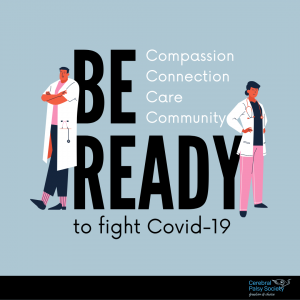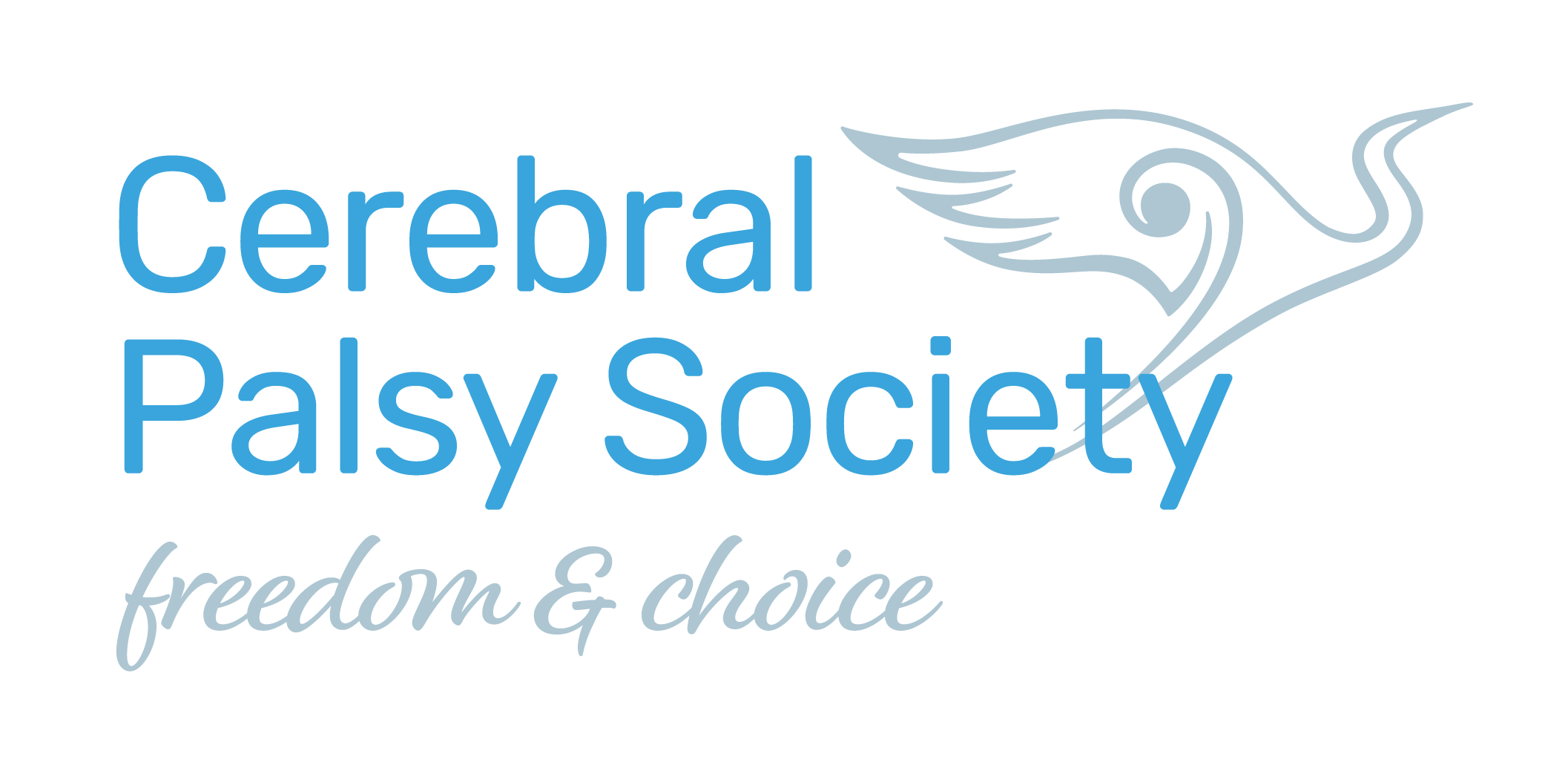NEWS & UPDATES
Update: Our Focus Solely On Members
23 Apr 2020
 The COVID-19 (Coronavirus) situation is one that is changing on an hourly and daily basis. Scientists and both national and international institutions are working hard to understand and contain the current virus.
The COVID-19 (Coronavirus) situation is one that is changing on an hourly and daily basis. Scientists and both national and international institutions are working hard to understand and contain the current virus.
These measures are reflected in the Alert System and the possible move to Alert Level 3 At the time of writing we are at ‘Alert Level 4’. Several members have asked me ‘What does ‘vulnerable’ mean and why is Cerebral Palsy on the list for ‘vulnerable conditions?’. Many members are considering staying in their bubbles or keeping their children at home. Special education schools are going to have a gradual or staggered reopening based on the ability to maintain safe distances and hygiene measures. For up to date information on the possible transition to Level Three: please visit www.covid19.govt.nz/
The term ‘vulnerable population’ is hard to hear and to be part of but such language is fairly standard when discussing larger virus events. For example, every Influenza (flu) season the same terminology comes into play when discussing particular age groups and disability. However, it is important to note that being a ‘vulnerable population’ and having CP does not automatically increase an individual’s likelihood of infection or transmission
There are ways to be careful and cautious with health and wellbeing, while avoiding panic and long term stress. Broad restrictions are still being made on towns, travel and wider communities. Cerebral palsy has not been singled out in that regard. The key factor for being vulnerable is a higher-risk of severe illness from COVID-19. An example of this is the presence of significant underlying respiratory or health concerns that impact lung function or immunity. Cerebral Palsy itself it’s not the primary factor.
How can COVID-19 impact people with CP?
COVID-19 is a respiratory virus meaning it affects the lungs and breathing.
COVID-19 is a spectrum virus – individuals can experience mild, moderate or severe symptoms. The majority of people recover from the virus. New Zealand is on track for steady recovery rates with low numbers of hospitalisations and intensive care levels.
CP is a continuum with significant differences between individuals. This also means not everybody will experience COVID-19 in the same way if infected.
Some people living with CP may already experience tightened muscles and overall conditioning (weakness). This could mean they experience increased respiratory problems eg fatiguing after chesty coughs. Adults and children with CP may also have other conditions that make lung function more difficult when it comes to infections eg scoliosis and changes to the diaphragm and breathing patterns. However, there is currently NO evidence around CP and COVID specifically. Individuals living with chronic lung conditions alongside CP may have to work harder to recover from respiratory infections and viruses, along with other complications from within self-isolation. That does not mean that everybody with CP is at the same level of vulnerability. . Remember, you know your body or your child’s experience and this knowledge can help to build an adapted routine to suit and overcome this situation.
General Tips
Maintain regular hand washing and hygiene. Wheelchairs and other equipment can be cleaned with regular cleaning supplies and should be done regularly. Wheelchair maintenance is an essential service and you can call for assistance.
Where appropriate have discussions with caregivers about working with individuals or families eg wearing gloves or washing between care routines.
Where possible plan for home-based therapy or exercise. It is likely that community spaces will be closed for a while.
Talk to your GP about medication or prescription planning, and speak to a medical professional if you are concerned about how COVID-19 may impact your current health status if infected.
The New Zealand Government keeps talking about the benefits of going hard and going early. The Cerebral Palsy Society of New Zealand is trying to adopt a similar approach when it comes to the creation and distribution of relevant Covid-19 information for our members and their families and communities. We will continue to update you on our ongoing work around Cerebral Palsy and Covid-19.
Please act cautious and continue to take any necessary precautions. If you have any concerns, please reach out to your community.

